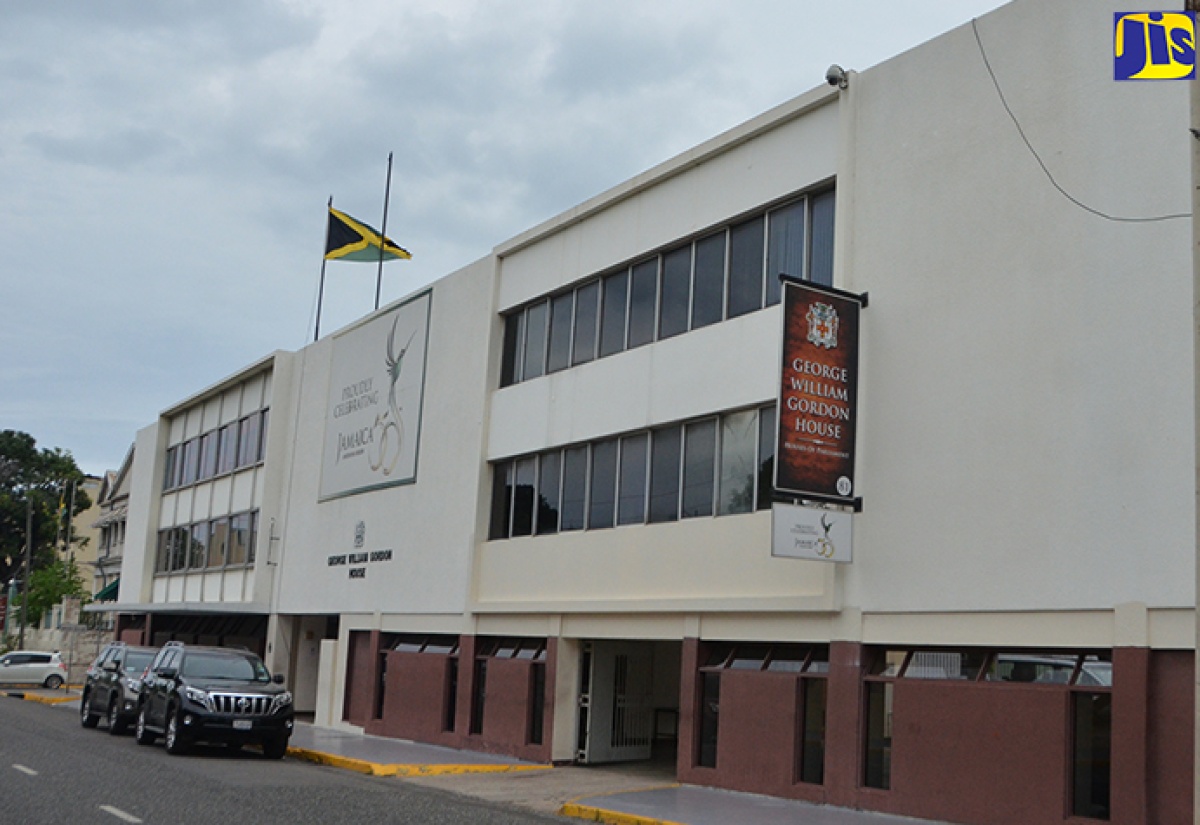Parliamentary Proceedings & Making Laws
March 13, 2017The Full Story
Parliamentary proceedings are usually conducted by Parliamentarians who are elected after each General Election.
The main role of Parliamentarians is to review Bills, guiding them to law.
Some Bills start by being read in the House of Representatives before they are passed to the Senate while others are introduced in the Senate first.
The Bill must go through several stages called “readings”.
• The first reading happens when the bill is introduced to the House. No debate takes place on the bill but the “short title” is read, a day appointed for the second reading and the bill is ordered to be printed.
• The second reading allows for the Bill to be debated and then a vote taken on it.
• The committee stage is next if the Bill passes the second reading. At this point, the Bill is closely examined by the whole House or a ‘Select Committee’. Afterwards the amendments may be moved and voted upon.
• The report stage follows when the Speaker reports what happened in the committee stage, noting whether amendments were made.
• During the third reading, no substantial amendments can be made to the Bill. It may be accepted or rejected by way of voting. When a Bill is passed by the House of Representatives, it is then reviewed by the Senate through the same process. When an agreement on the Bill is reached by the Upper and Lower Houses, it must pass one more stage to become law.
• The Royal Assent is the final stage. This is the Monarch’s agreement given by the Governor-General. The Royal Assent is needed to make a Parliamentary Bill or Act, an enforceable law. For more information on Parliamentary proceedings, visit http://jis.gov.jm/government/the-legislature/


